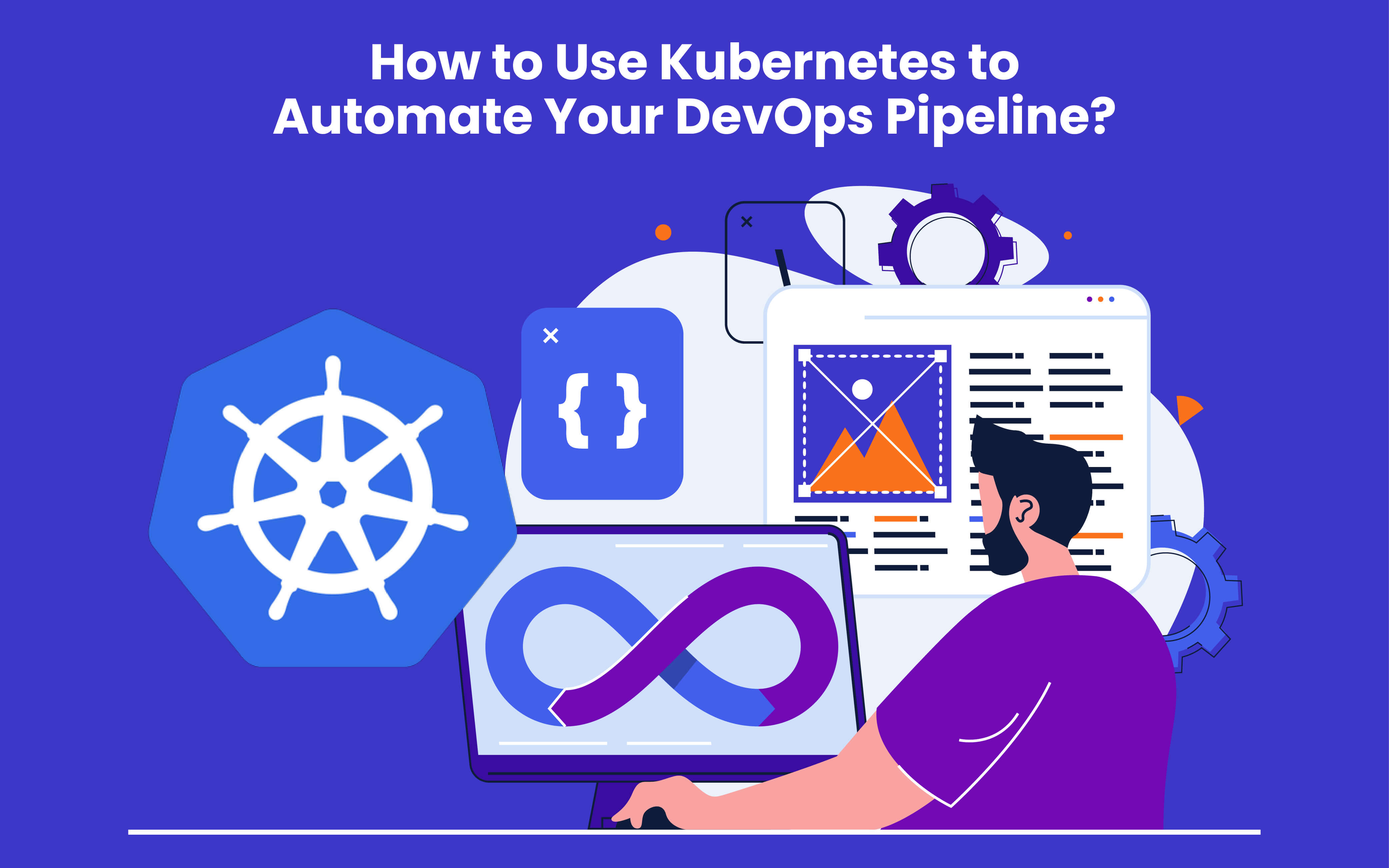Blogs
To know about all things Digitisation and Innovation read our blogs here.
AI Powered Transformations
Challenges of Implementing AI-Powered Transformation
SID Global Solutions
27 December 2022

Artificial Intelligence: The Introduction
The world is changing rapidly, with new technologies and trends emerging every day. Artificial Intelligence (AI) is one such trend that is quickly gaining momentum and transforming the way businesses operate.
AI-powered transformation is becoming increasingly popular for its ability to automate mundane tasks, improve customer experience, and provide insights that can help businesses make informed decisions.
What are the Challenges of implementing AI-Powered Transformation?
However, like with any technology, there are some challenges associated with implementing AI-powered transformation. Here, we discuss some of the most common challenges and how to address them.
- Cost
One of the biggest challenges of implementing AI-powered transformation is the cost. AI technology is not cheap, and businesses need to invest in hardware and software to get it up and running. Additionally, many businesses lack the resources and expertise to properly implement the technology, meaning they’ll need to hire specialist consultants or developers.
To overcome this challenge, businesses can consider partnering with an AI solution provider or taking advantage of cloud-based solutions. These options can help reduce both cost and implementation time. Additionally, businesses can also consider taking advantage of research grants and other government incentives to offset the cost of AI implementation.
- Data Quality
Data is the heart of AI, and it needs to be of high quality for the technology to be effective. Poor data quality can lead to inaccurate results and insights, which can be detrimental to the business.
To ensure data quality, businesses should ensure they have a robust data governance system in place. Additionally, businesses should ensure that their data is properly collected, stored, and maintained.
- Risk Management
AI-powered transformation can bring about significant risk for businesses, as decisions are made based on the technology’s insights. Businesses need to ensure that the technology is properly tested and monitored to ensure it is making accurate decisions and not introducing any unforeseen risks.
To manage risk, businesses should invest in comprehensive risk management tools and processes. Additionally, they should have a clear understanding of the legal, ethical, and privacy implications of AI and ensure they are compliant with relevant regulations.
- Talent Shortage
The AI skills gap is a real problem for many organizations. As businesses strive to implement AI-powered transformation, they are struggling to find the right talent to support the shift.
Organizations need to invest in their own internal resources and create training programs to help equip their teams with the skills they need to make the transformation successful. Additionally, they should consider partnering with external consultants and third-party providers to supplement their resources.
Conclusion
AI-powered transformation can bring about significant benefits for businesses, but there are some challenges associated with its implementation.
Businesses need to be aware of the risks and challenges and have the right processes and resources in place to ensure the transformation is successful.









